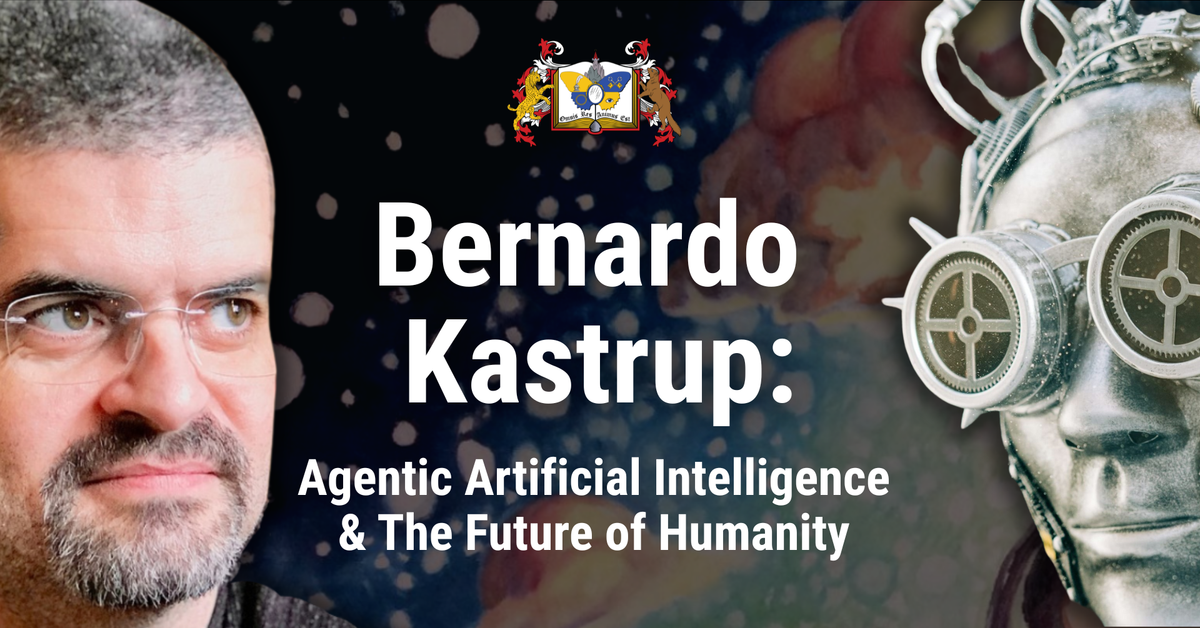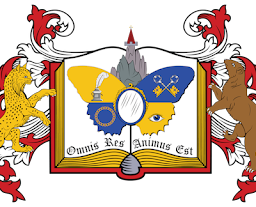Recording: Can science & religion be friends?
Bernardo Kastrup on spiritual technology, scientific bias, and the fear of death - Tues 1st of July

This session continues our discussion on idealism and society. We touched on the fear of death, scientific bias and spiritual technologies.
When everything is mind, should science and religion merge?
Bernardo says no - these are different ways of knowing, and mixing them will diminish both. Science, an incredible tool for modeling and predicting nature's behaviour, should remain metaphysically agnostic. Let's remember, historically “it is untrue that materialism is the foundation of science.”
Individual scientists, of course, are inevitably shaped by their world views, and unfortunately, right now science is biased towards materialism. Bernardo used the bias against psychic phenomena as an example. It turns out that 'statistical significance' is an arbitrary threshold, a measure that will win Nobel prizes in physics whilst discounting the paranormal in psychology.
This is because in one case, discovering a pattern is considered a discovery. In another, it is assumed to be random, and randomness can include any pattern.
But these are the biases of individual scientists, not science as a method.
Science is important, but incomplete
Personally, I was confused as to why science was limited, if everything anyway is mind, and mind everywhere has patterns. One of our members, Sophia, explained this best:
Science cannot aspire to embrace everything because it is only representation, guided by reason. Whenever something is represented there is always something that is left out, that resists representation, you can say it is its essence, Schopenhauer calls it Will.
Will + representation are two poles of the same thing, as life and death are two sides of the same coin emptiness and fullness, being and not being. Quantum physics already points to some limits. There is a kind of knowledge that is not representational, it is not a model, it is knowledge by direct experience, or gnosis.
You need both reason and intuition, logos and sophia, left and right hemisphere of the brain to get there. As Iain Mcgilchrist says, in the west we are kind of biased for left-brain thinking. Like Anne said as well, science is all about knowledge of the phenomenical. However the ground of the phenomena itself, its "opposite pole" is not appearance. We need to go beyond appearance, which in hinduism is the veil of maya. It is a part of reality, but not the whole story."
Other topics we explored included:
0:00:00 Introductions from new members
0:12:00 The fear of death: past and future perspectives on afterlife vs oblivion
0:27:00 Terror management theory & fluid compensation of meaning
0:36:00 No need for more isms - trust innate knowing over ideology
0:41:00 Should religion win minds?
1:00:01 Should science and religions merge?
1:06:00 "Statistical significance" and the corruption of science
1:12:10 Is psychology a science or an art?
1:37:00 Technology vs science vs spirituality
1:44:40 What faults can we forgive in our ancestors?
Do let us know what stands out for you in the comments below, or telegram.
Next week we delve into Artificial Intelligence - the session link is available here:

I look forward to seeing you then!
Amir
